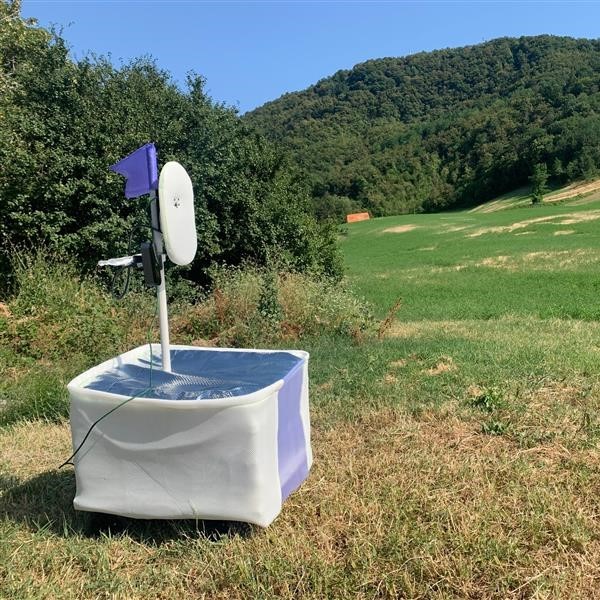The robot who wanted to be a pollinator
Within the remit of the STING project (Science and Technology for Pollinating Insects), in partnership with DG ENV, our Italian expert had the idea to prototype a robot that would observe pollinators in their act of pollinating flowers, allow citizens to see what it sees, and invite citizens to feed itself with their very observations about the same process (i.e. via pictures). The robot arrived in Cesena in the Emilia-Romagna region, and was moved to an agricultural field nearby to carry out its own mission. But what if in the meanwhile the robot falls in love with flowers? Can it learn to become a pollinator itself? That’s to be seen…
The robot will stay in the field until the end of August and will eventually call all the people in Cesena for a final, important, participatory exercise. Before then, you can see it in action here.
Since 2019, the Competence Centre on Participation and Deliberative Democracy has worked on the STING project to develop and test approaches for involving citizens and farmers in the development of actions for reversing pollinator decline. The project is reaching its final phase with the activities on citizen engagements currently conducted in Denmark, Belgium, Poland, Romania and Italy. The project is developed within the framework of the European Initiative on Pollinators (COM(2018) 395) in partnership with DG ENV. For more information, visit the STING website.

